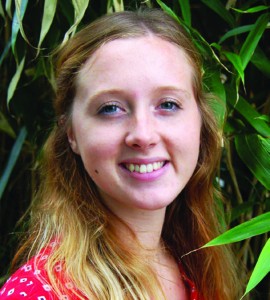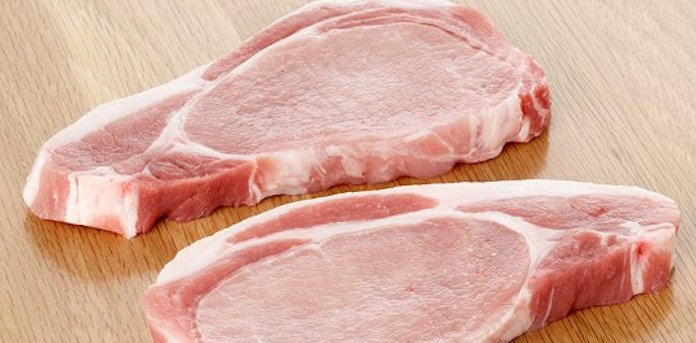Having just returned from a seven-week whirlwind trip around the world as part of my Nuffield Scholarship, my brain is still trying to absorb and process all the knowledge I gained.
I travelled with eight other scholars, a Dutchman, an Irishman, a Welshman (there’s a joke in there somewhere!), two Aussies, a Kiwi, a South African and a Canadian. So not only did I learn about agriculture in the places we visited, I also learnt about it in the countries of my travel companions.

Our journey started in Singapore and then took us to the Philippines, Hong Kong, China, Germany, the UK for the Nuffield Triennial conference and, finally, Washington DC and California. The only place I saw pigs was in Germany – but it was fantastic to learn about other sectors and there’ll be plenty of opportunity to visit
pig farms when I go on my own travels to research my Nuffield topic on antibiotics.
One of the pig farms I did visit gave me further insight into the German welfare scheme, Initiative Tierwohl, which was set up by retailers. I was stunned to hear that pig producers receive an extra €7/pig for including a selection of features in their pig pens: a scratching post, two enrichment toys made from organic material, plus 10% more space.
“My Nuffield experience so far has been eye-opening – I would strongly recommend anyone considering an application to go for it next year”
It’s great to hear of retailers offering financial incentives to support welfare improvements, but then I found out something very telling. While around 30-40% of German pig producers are thought to be in the scheme, there is now a waiting list for producers wishing to join, essentially because retailers have reached the limit of how much they want to spend on this. This just goes to show that the consumer demand is not there to support a full roll out of initiatives like this.
During our visit to Washington DC, we met with the National Chicken Council and I questioned them about the biggest trend in the US poultry sector: raised without antibiotics. Some 30% of the industry now produces chicken for marketing under this label. Because the poultry industry is highly vertically integrated, it’s the poultry companies that decide which of their suppliers will produce for the label – often they are chosen based on their proximity to the processing factory and local disease challenge.
Currently there is a 50 cent/lb premium for producers rearing without antibiotics and, at retail level, average prices for breast meat are $2.85/lb for conventional, $4.51/lb for ‘raised without antibiotics’ and $6.80/lb for organic.
I scanned the pork packages in Walmart, but couldn’t find any labelled as reared without antibiotics, only ‘hormone-free’.
But I fully expect this trend will soon spill over into the pig sector.
Next stop Scandanavia! My Nuffield experience so far has been eye-opening – I would strongly recommend anyone considering an application to go for it next year.




